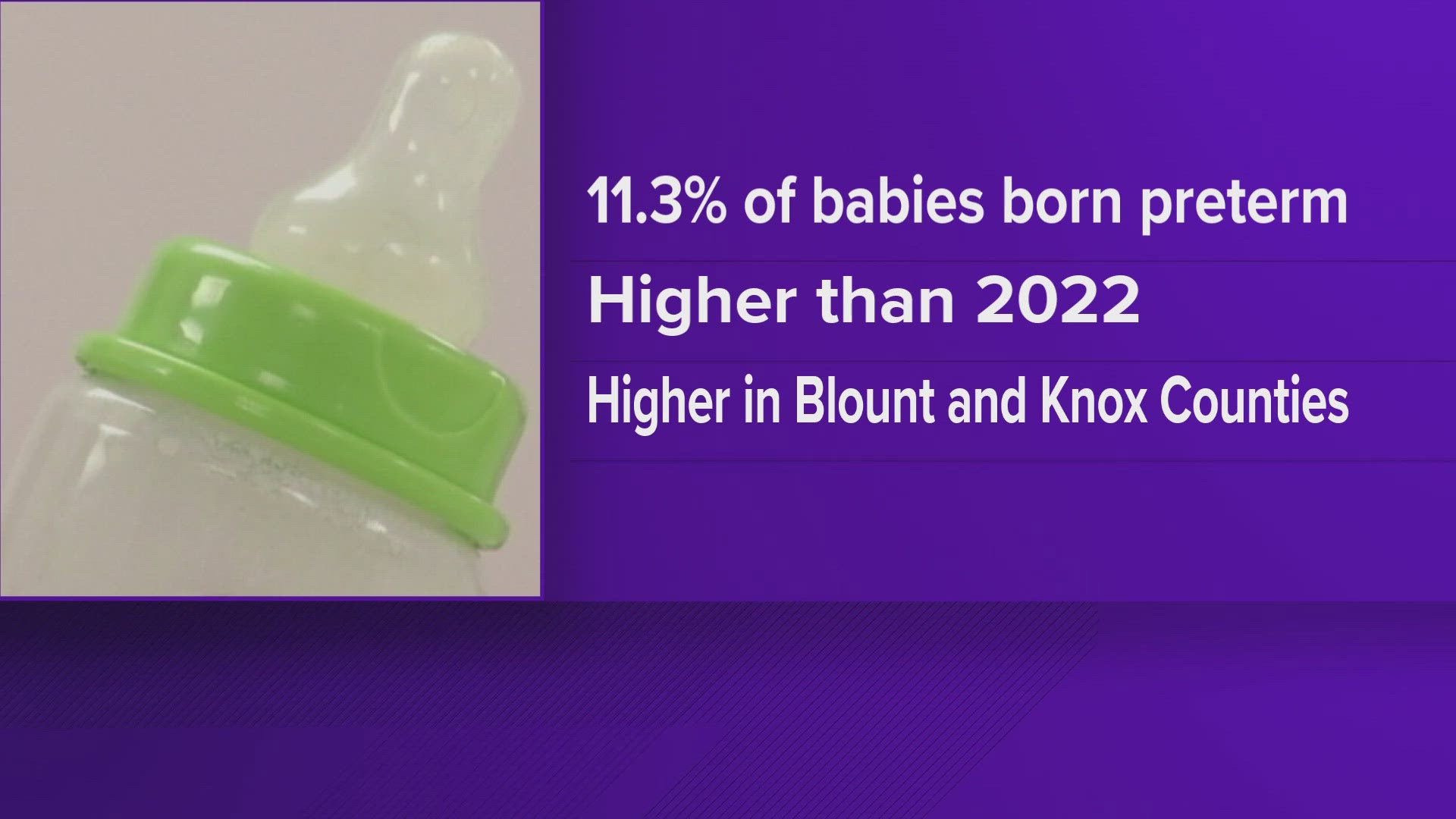NASHVILLE, Tenn. — According to a new poll from the Vanderbilt Center for Child Health Policy, one-third of Tennessee parents with children aged 6 to 17 are worried their child has an undiagnosed mental health condition.
Research at Monroe Carell Jr. Children's Hospital at Vanderbilt and Vanderbilt University Medical Center found these concerns include attention deficit hyperactivity disorder, anxiety and depression.
“Mental health conditions are common among children and adolescents,” said Dr. S. Todd Callahan, associate professor of Pediatrics and Director of the Division of Adolescent and Young Adult Health. “Mental health symptoms can be a serious threat to a child’s health, growth and development. The good news is that these symptoms usually improve with intervention and treatment.”
The poll surveyed a statewide sample of 1,100 Tennessee parents about their concerns related to social, emotional and behavioral health.
The following results were found prior to the COVID-19 pandemic:
- Attention deficit disorder/hyperactivity disorder (16%), anxiety (11%) and depression (8%) were the most common mental health diagnoses.
- Almost 20% of parents reported that their child had been diagnosed with two or more mental health conditions.
- Researchers also found 10% of parents reported they were unsure how to talk to their children about suicide and couldn't identify warning signs.
- Additionally, parents were mostly concerned that talking about suicide would lead to more thoughts of suicide (16%), were worried others would judge them (13%) or didn’t know how to help (13%).
- More than 30% of parents said they would turn to a physician with concerns about their child's mental health.
“Parents are often afraid to discuss depression and thoughts of suicide with their youngsters and may not realize they don’t know how to express their feelings,” said Dr. Fuchs, professor of Psychiatry and Behavioral Science and Pediatrics at VUMC, who helped craft the survey. “Even though kids don’t admit it, knowing that parents are interested in how they are feeling and modeling how to talk about it can provide tremendous relief.”
Fuchs said art activities, reading book about emotions or watching shows about appropriate expression of emotions helps to guide this conversation.
Parents can also call the National Suicide Prevention Helpline at 1-800-273-8255 or the Tennessee Crisis Line at 855-CRISIS-1 in emergencies or with general questions.



